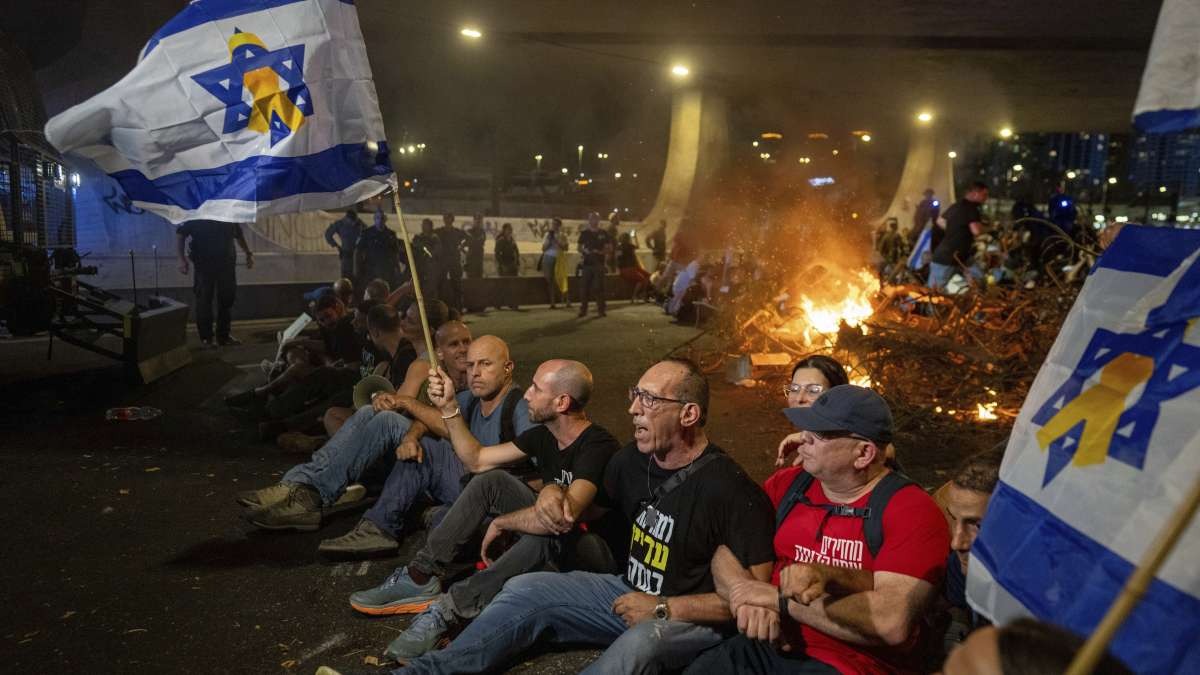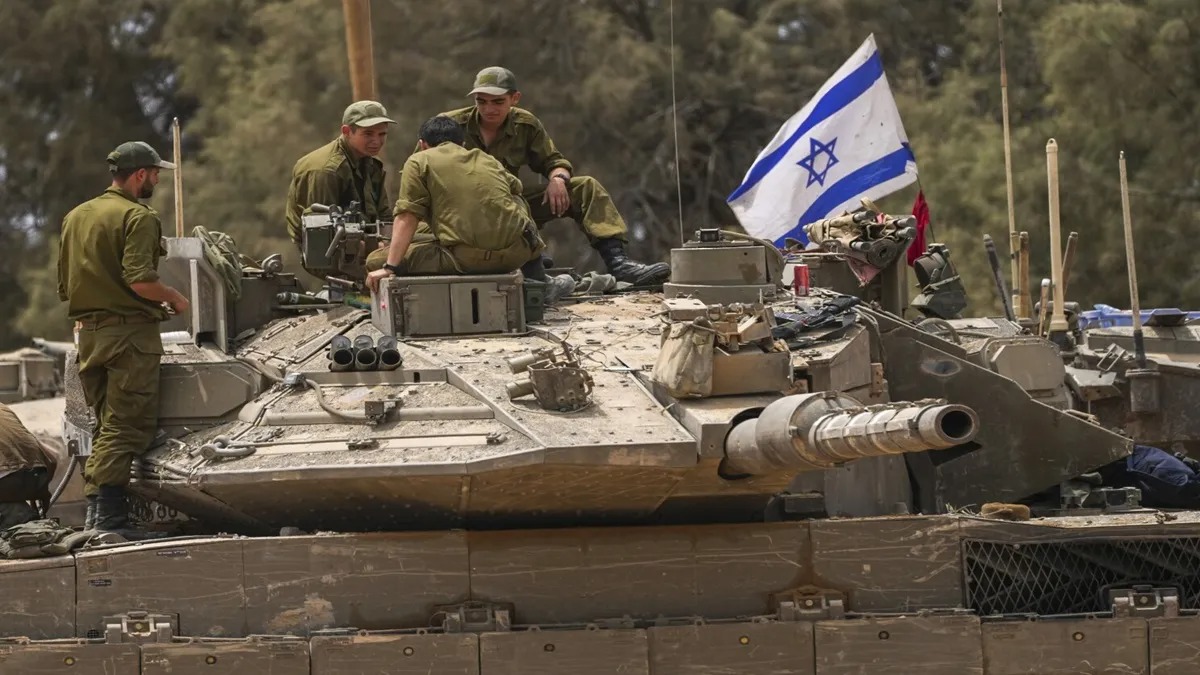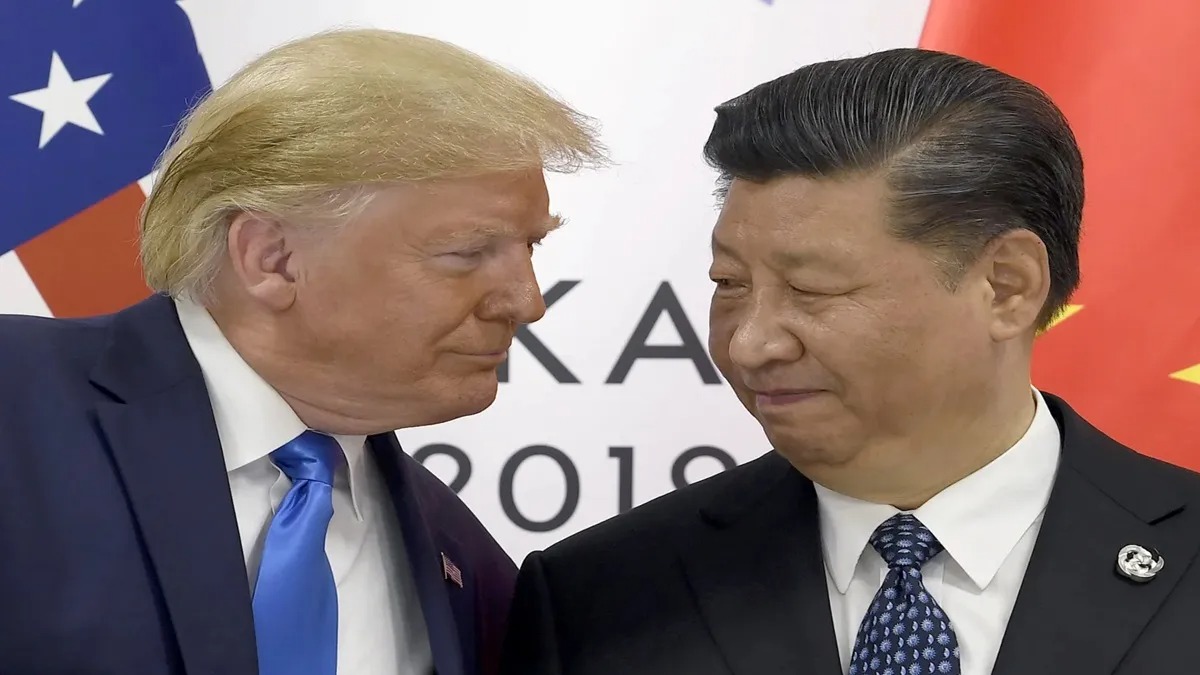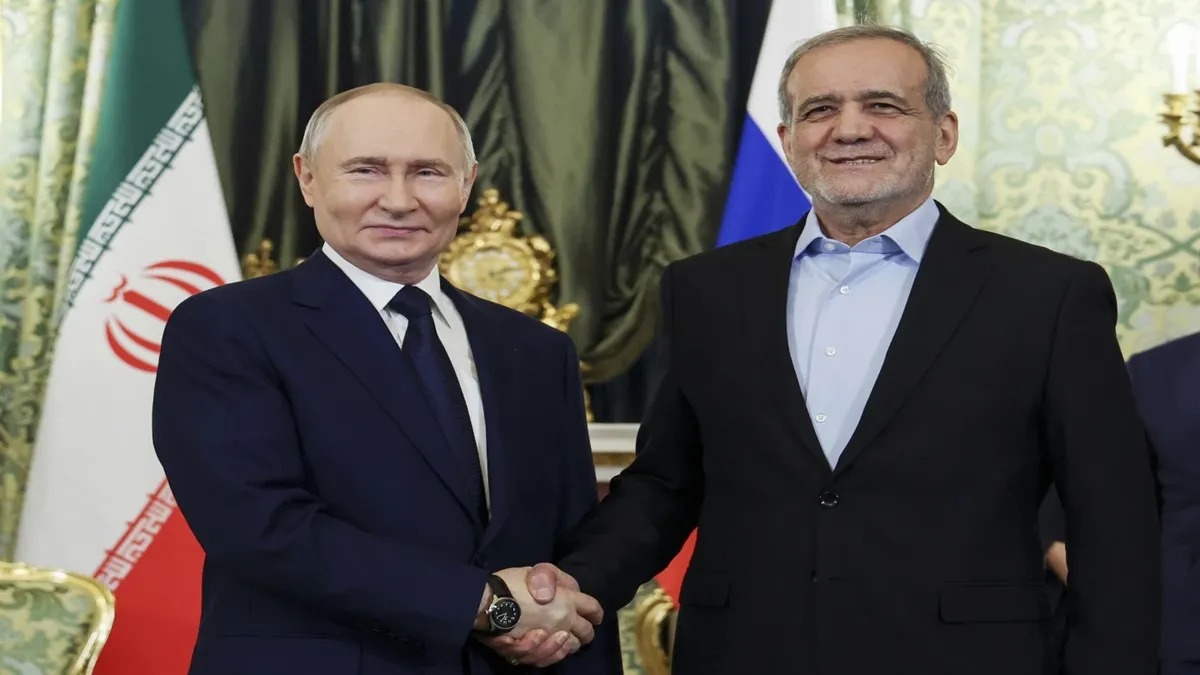
International: Israel is now on the edge after six more hostages were found dead in Gaza. On Sunday, millions of furious protestors thronged to the streets chanting "Now! Now!" as they demanded that Prime Minister Benjamin Netanyahu reach a cease-fire with Hamas to bring the remaining captives home. The mass outpouring appeared to be the largest such demonstration in 11 months of war and protesters said it felt like a possible turning point, although the country is deeply divided.
Ben Gurion International Airport shuts down
Israel's largest trade union, the Histadrut, further pressured the government by calling a general strike for Monday, the first since the October 7 Hamas attack that started the war. It aims to shut down or disrupt major sectors of the economy, including banking, health care and the country’s main airport. Tel Aviv's Ben Gurion International Airport will halt operations for at least two hours, CNN reported citing airport authorities.
Cease-fire negotiations have dragged on for months. Many blame Netanyahu for failing to reach a deal, which opinion polls show a majority of Israelis favour. But the prime minister also has significant support for his strategy of “total victory” against Hamas, even if a deal for the hostages has to wait.
Protestors marched towards Netanyahus's office
Thousands of people, some of them weeping, gathered Sunday night outside Netanyahu's office in Jerusalem. In Tel Aviv, hostages' relatives marched with coffins to symbolize the toll. "We really think that the government is making these decisions for its own conservation and not for the lives of the hostages, and we need to tell them, ‘Stop!’” said Shlomit Hacohen, a Tel Aviv resident.
Three of the six hostages found dead — including an Israeli-American — were reportedly scheduled to be released in the first phase of a cease-fire proposal discussed in July. This fueled fury and frustration among the protesters. “Nothing is worse than knowing that they could have been saved,” said Dana Loutaly. “Sometimes it takes something so awful to shake people up and get them out into the streets.”
Netanyahu claims Hamas does not want to finalise deal
The military said all six hostages were killed shortly before Israeli forces arrived. “Whoever murders hostages doesn’t want a deal,” Netanyahu said, blaming the Hamas for the stalled negotiations. One hostage was Israeli-American Hersh Goldberg-Polin, 23, a native of Berkeley, California, who lost part of his left arm to a grenade in the attack. In April, Hamas issued a video that showed him alive, sparking protests in Israel.
The army identified the others as Ori Danino, 25; Eden Yerushalmi, 24; Almog Sarusi, 27; Alexander Lobanov, 33; and Carmel Gat, 40.
Hostages were shot at close range: Postmortem report
The Israeli Health Ministry said autopsies had determined the hostages were shot at close range and died on Thursday or Friday. The army said the bodies were recovered from a tunnel in the southern Gaza city of Rafah, around a kilometre (half a mile) from where another hostage was rescued alive last week.
Lt. Col. Nadav Shoshani, a military spokesperson, said Israeli forces found the bodies several dozen meters (yards) underground as “ongoing combat” was underway, but that there was no firefight in the tunnel itself. He said there was no doubt Hamas had killed them.
Hamas has offered to release the hostages in return for an end to the war, the withdrawal of Israeli forces from Gaza and the release of a large number of Palestinian prisoners, including high-profile militants. Izzat al-Rishq, a senior Hamas official, said the hostages would still be alive if Israel had accepted a US-backed cease-fire proposal that Hamas said it had agreed to in July.
--Advertisement--

 Desk
Desk Share
Share






